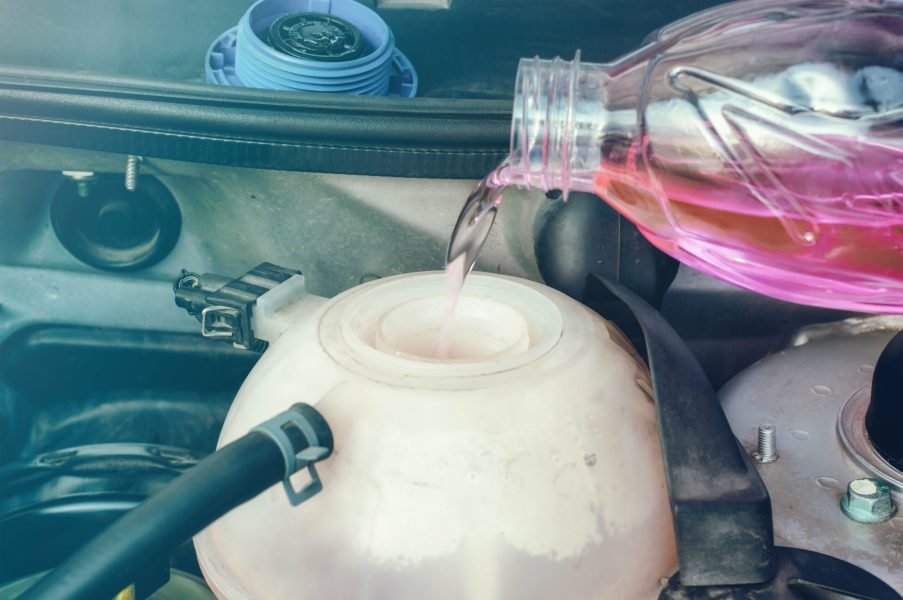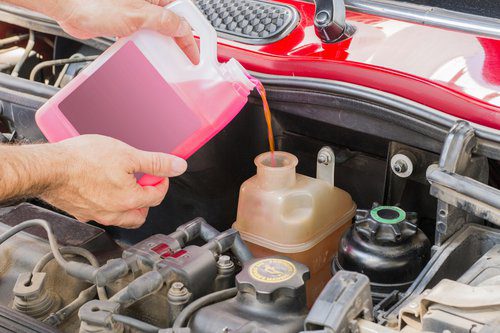
Misconception: "You can replace the coolant with water"
Every car has a coolant. It circulates inside the engine in a cooling circuit to store the heat generated by the engine components during operation. It contains water as well as antifreeze and additives. This gives it certain properties that only tap water does not have.
Is it true: "Can the coolant be replaced with water"?

FALSE!
As the name suggests, coolant plays an important role in your engine: it serves to cool it down. More precisely, it circulates in the cooling circuit to recover the heat generated by the operation of the engine components. Thus, it avoids overheating of the engine, which could lead to engine damage.
Coolant, also called liquid antifreeze, is made up of several main components:
- From the healing water;
- From'Antigel;
- from the supplement.
It often contains, in particular, ethylene glycol or propylene glycol. This mixture allows it to have certain properties, in particular a high boiling point (> 100 ° C) and a very low freezing point.
But water alone does not have the properties of a coolant. It solidifies faster and has a lower boiling point. This causes it to cools the engine worse, as it evaporates on contact. There is also a risk of freezing in the cooling circuit in winter, which can have serious consequences for it.
In addition, the coolant contains 3 to 8% additives. They are especially anti-corrosion or anti-tartar additives. In contrast, water alone does not protect your cooling system from corrosion.
In addition, tap water contains limestone, which forms deposits in your cooling system. It will then change to scale, which can cause the engine to overheat.
Scale and corrosion can also damage the cooling system and other engine components, including the cylinder head gasket. In the event of engine overheating, this seal is also one of the most vulnerable and vulnerable parts.
In general, using water instead of coolant will thus primarily result in less efficient cooling. This will cause premature wear on the engine and its components, but it can also lead to severe overheating, which can cause irreparable damage to your engine. So do not replace the coolant in your car with water!
